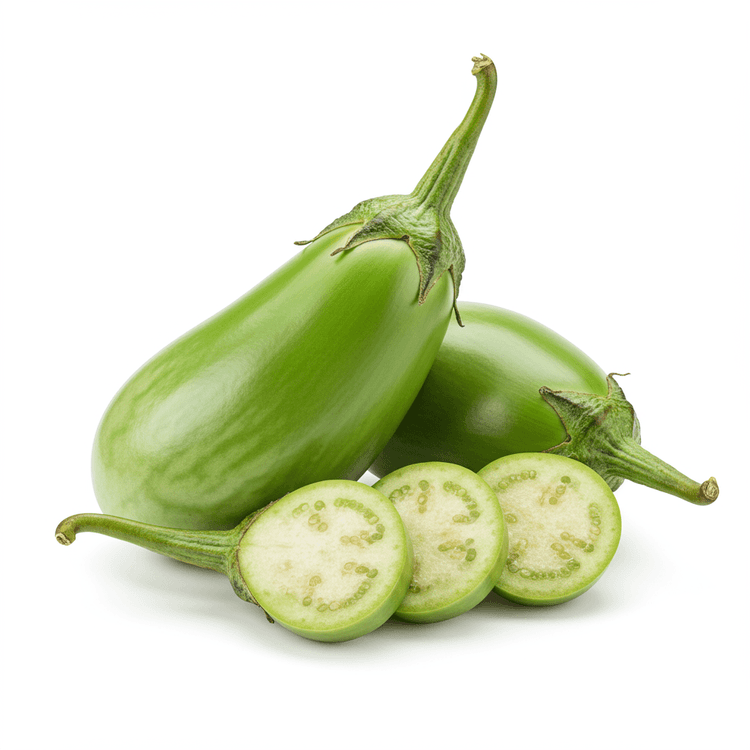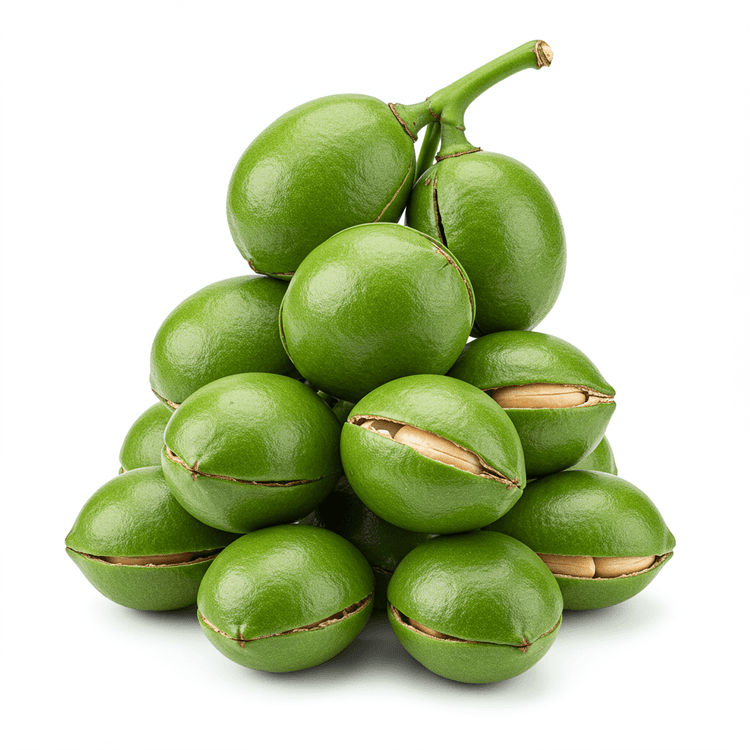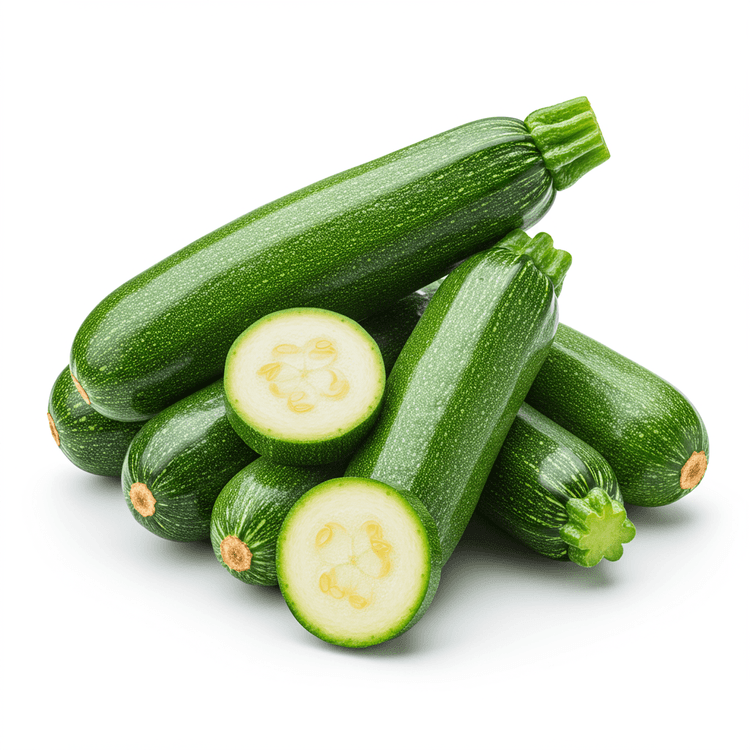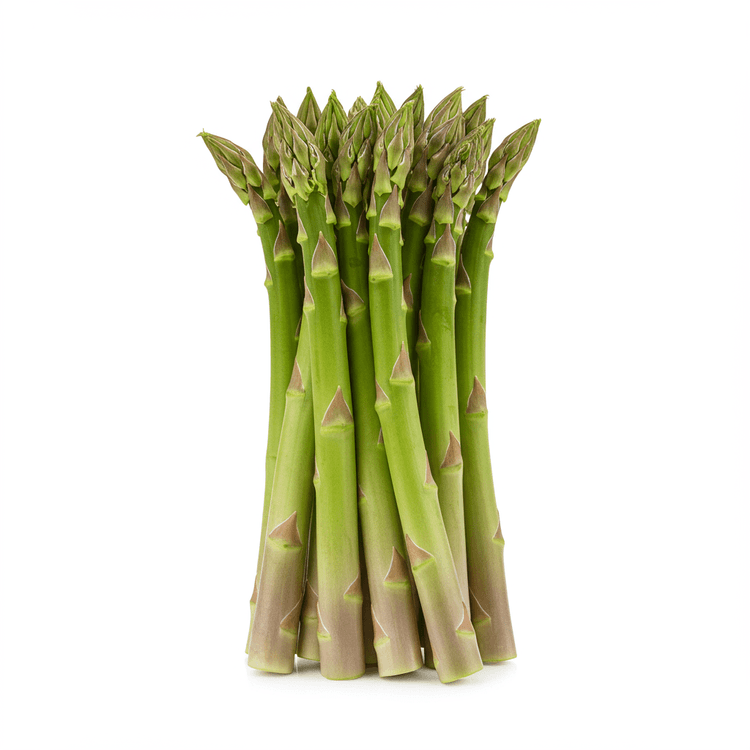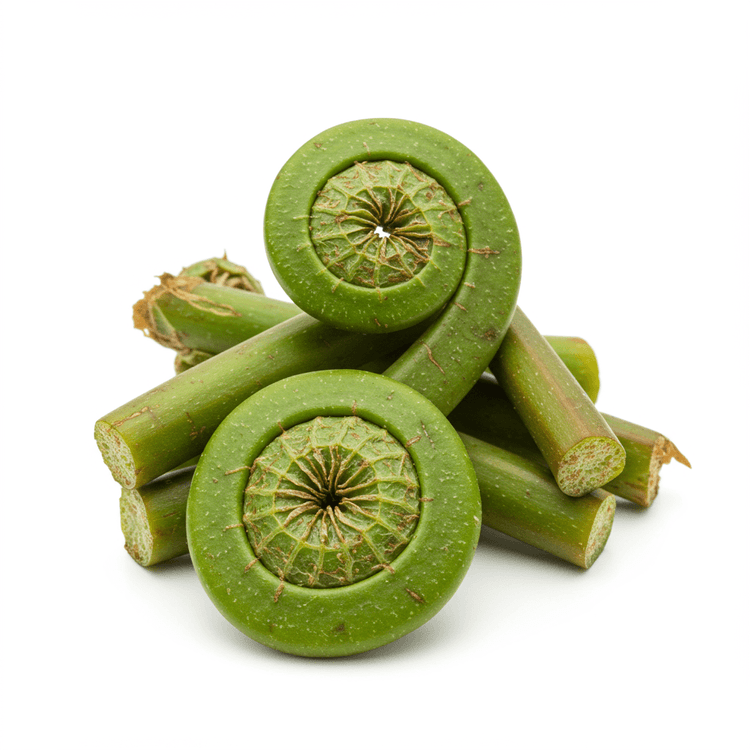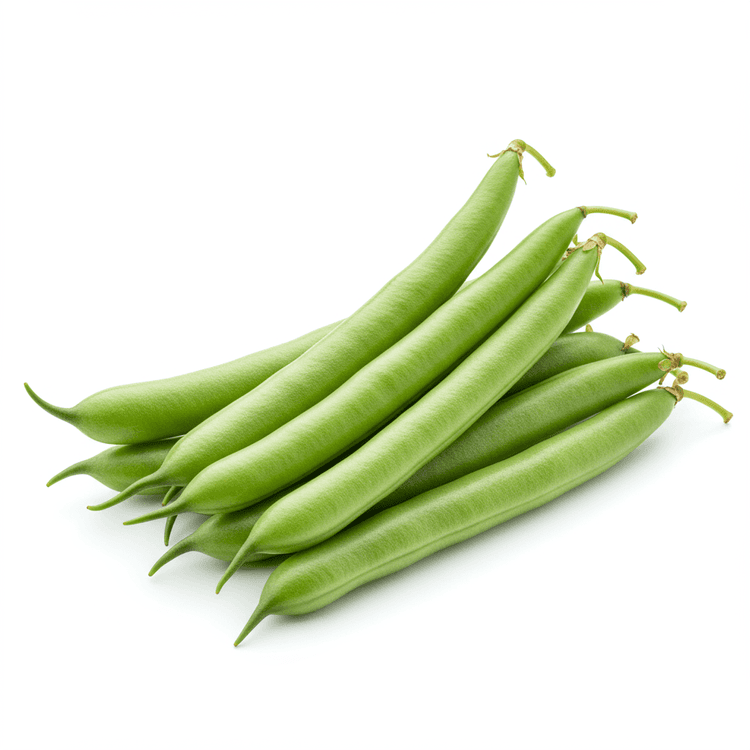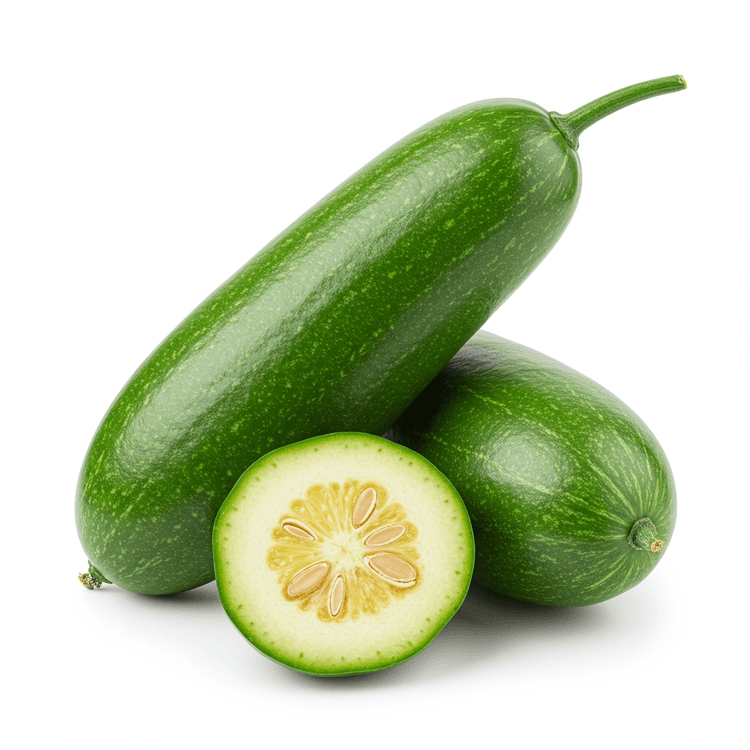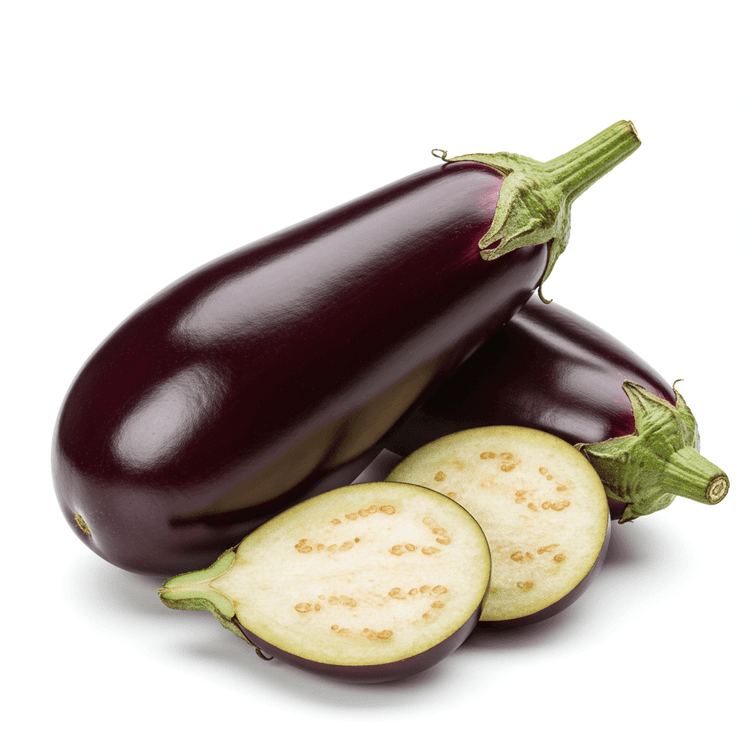
Okra
Okra, often referred to as 'lady's finger,' is a versatile green vegetable known for its mild, grassy flavor and unique texture. Its long, ridged pods are tender yet slightly crisp, with tiny edible seeds inside. When cooked, okra develops a mucilaginous quality that acts as a natural thickener, making it ideal for soups and stews. Rich in fiber, vitamins, and antioxidants, okra is a staple in Southern, Indian, and Middle Eastern cuisines, prized for its ability to enhance dishes with both flavor and nutritional value.
Common Uses
- Used in gumbo and stews for its natural thickening properties, creating a rich and hearty texture.
- Sautéed or stir-fried with spices for a quick and flavorful side dish, often paired with onions and garlic.
- Pickled to create a tangy, crunchy snack or condiment that complements sandwiches and charcuterie boards.
- Breaded and fried for a crispy appetizer or side dish, often served with dipping sauces.
- Added to curries and soups to absorb flavors and provide a tender, slightly slimy texture that enhances the dish.
- Grilled or roasted with olive oil and seasonings for a smoky, caramelized flavor that pairs well with meats and grains.
Nutrition (per serving)
Nutrition (per serving)
Calories
33.0kcal (1.65%)
Protein
1.9g (3.8%)
Carbs
7.5g (2.73%)
Sugars
1.5g (3%)
Healthy Fat
0.1g
Unhealthy Fat
0.0g
% Daily Value based on a 2000 calorie diet
Nutrition (per serving)
Calories
33.0kcal (1.65%)
Protein
1.9g (3.8%)
Carbs
7.5g (2.73%)
Sugars
1.5g (3%)
Healthy Fat
0.1g
Unhealthy Fat
0.0g
% Daily Value based on a 2000 calorie diet
Health Benefits
- Rich in dietary fiber, okra supports healthy digestion and can help maintain a balanced diet.
- Contains vitamins C and K, which are beneficial for immune support and bone health.
- A low-calorie vegetable, making it a great choice for weight-conscious meal plans.
- Provides antioxidants, which may help combat oxidative stress in the body.
- Often used in plant-based diets as a thickening agent in soups and stews due to its natural mucilage.
- A versatile ingredient that fits well into vegan, vegetarian, and gluten-free recipes.
Substitutes
Chefadora AI is here.
Experience smarter, stress-free cooking.
Storage Tips
Store fresh okra in a paper bag or wrap it loosely in a paper towel and place it in the crisper drawer of your refrigerator. Avoid washing it before storage, as moisture can cause it to spoil faster. For longer storage, you can freeze okra by blanching it briefly in boiling water, cooling it in ice water, and then storing it in an airtight container or freezer bag.
Marnirni-apinthi Building, Lot Fourteen,
North Terrace, Adelaide, South Australia, 5000
Australia

